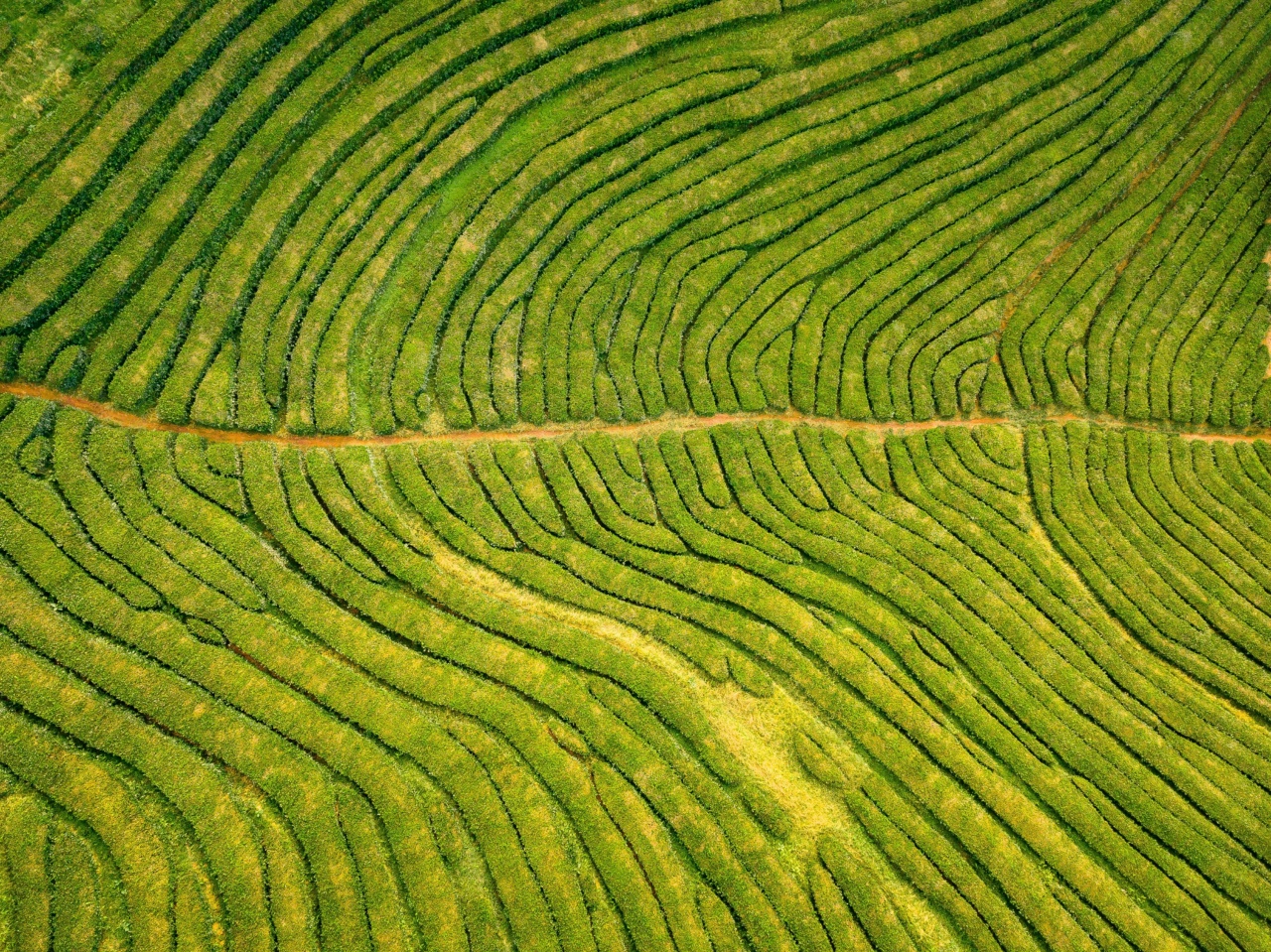Green tea is often considered one of the healthiest beverages on the planet. It is believed to have numerous health benefits, including reducing the risk of heart disease, improving brain function, and aiding weight loss.
However, not everyone can enjoy the benefits of green tea. In this article, we discuss who should stay away from green tea and why.
Pregnant women and breastfeeding mothers
Green tea contains caffeine, which passes through the placenta to the growing fetus.
While moderate caffeine intake is generally considered safe during pregnancy, high levels of caffeine consumption have been linked to premature birth, low birth weight, and miscarriage. Additionally, green tea contains compounds called catechins, which can interfere with the absorption of folic acid, a vital nutrient necessary for fetal development.
Therefore, it is advisable for pregnant women to limit their green tea consumption to one or two cups per day.
Similarly, breastfeeding mothers should limit their green tea consumption. The caffeine in green tea can pass into breast milk and affect the infant’s sleep patterns and cause irritability.
Additionally, high levels of caffeine intake can lead to dehydration in the mother, which can decrease milk production.
People with caffeine sensitivity
Green tea contains caffeine, which is a stimulant that affects the central nervous system. While small amounts of caffeine are generally considered safe, some people may be sensitive to caffeine.
Caffeine sensitivity can cause a range of symptoms, including restlessness, insomnia, anxiety, rapid heartbeat, and digestive issues. Therefore, people with caffeine sensitivity should stay away from green tea or limit their intake.
People with iron deficiency anemia
Green tea contains tannins, which are substances that can bind to iron and prevent its absorption in the body. Iron is an essential nutrient that is necessary for the production of red blood cells.
Iron deficiency anemia is a condition in which the body does not have enough iron to produce hemoglobin, which can lead to fatigue, weakness, and shortness of breath. Therefore, people with iron deficiency anemia should avoid green tea or limit their intake.
People on blood thinning medications
Green tea contains vitamin K, which is necessary for blood clotting. Blood thinning medications such as warfarin work by inhibiting the activity of vitamin K, which helps to prevent blood clots.
Taking green tea along with blood thinning medications can interfere with the effectiveness of the medication and increase the risk of bleeding. Therefore, people on blood thinning medications should avoid green tea or consult their healthcare provider before including it in their diet.
People with liver or kidney disease
Green tea contains catechins, which are antioxidants that have been linked to liver toxicity in some studies. Additionally, green tea contains high levels of oxalates, which can contribute to kidney stone formation in people with kidney disease.
Therefore, people with liver or kidney disease should stay away from green tea or limit their intake.
Children
Green tea contains caffeine, which can affect children’s sleep patterns and cause irritability.
Additionally, green tea contains compounds that can interfere with the absorption of important nutrients necessary for children’s growth and development, such as iron and calcium. Therefore, parents should limit their children’s intake of green tea.
People with digestive issues
Green tea contains tannins, which can irritate the digestive tract and cause digestive issues such as nausea, vomiting, and diarrhea.
Additionally, green tea can increase the production of stomach acid, which can exacerbate symptoms in people with acid reflux or other digestive issues. Therefore, people with digestive issues should limit their intake of green tea or avoid it altogether.
People with anxiety or sleep disorders
Green tea contains caffeine, which can worsen symptoms in people with anxiety or sleep disorders. Caffeine can stimulate the central nervous system and increase heart rate and blood pressure, which can cause feelings of anxiety and interfere with sleep.
Therefore, people with anxiety or sleep disorders should stay away from green tea or limit their intake.
People with bleeding disorders
Green tea contains high levels of vitamin K, which is necessary for blood clotting. People with bleeding disorders such as hemophilia or von Willebrand disease have an increased risk of bleeding due to a deficiency or dysfunction of clotting factors.
Taking green tea in large amounts can interfere with the effectiveness of clotting factors and increase the risk of bleeding. Therefore, people with bleeding disorders should avoid green tea or consult their healthcare provider before including it in their diet.
Conclusion
Green tea has numerous health benefits and is generally considered safe. However, certain groups of people should stay away from green tea or limit their intake due to the caffeine and other compounds it contains.
Pregnant women, breastfeeding mothers, people with caffeine sensitivity, iron deficiency anemia, liver or kidney disease, children, digestive issues, anxiety or sleep disorders, and bleeding disorders should all avoid green tea or consult their healthcare provider before including it in their diet.































